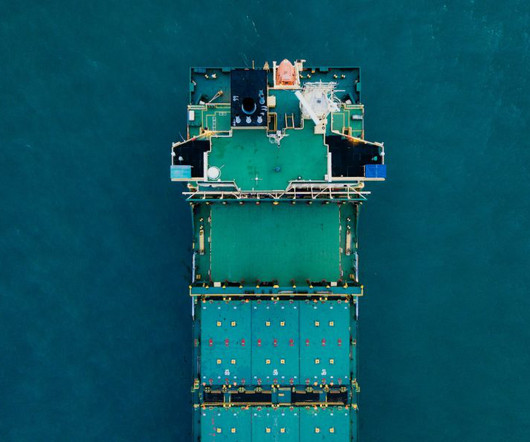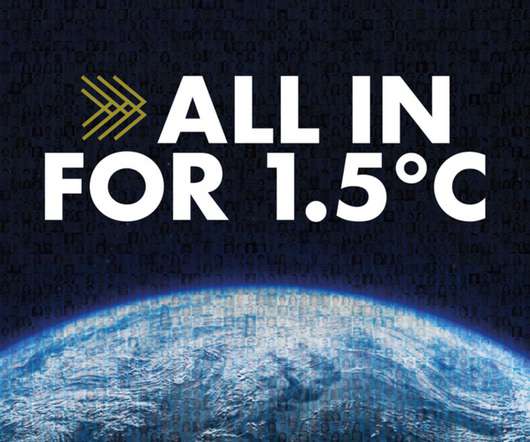Guest Post: Why Governments Must Encourage More Investment in Green Infrastructure, Now!
ESG Today
JANUARY 25, 2023
By: Chris Lewis, Global Infrastructure Leader at EY At COP27 in November last year, there was an overwhelming consensus that the target of lowering global temperatures by 1.5 ° C – as outlined in the historic Paris Agreement – is now at risk of not being met, unless the world acts now.

















Let's personalize your content